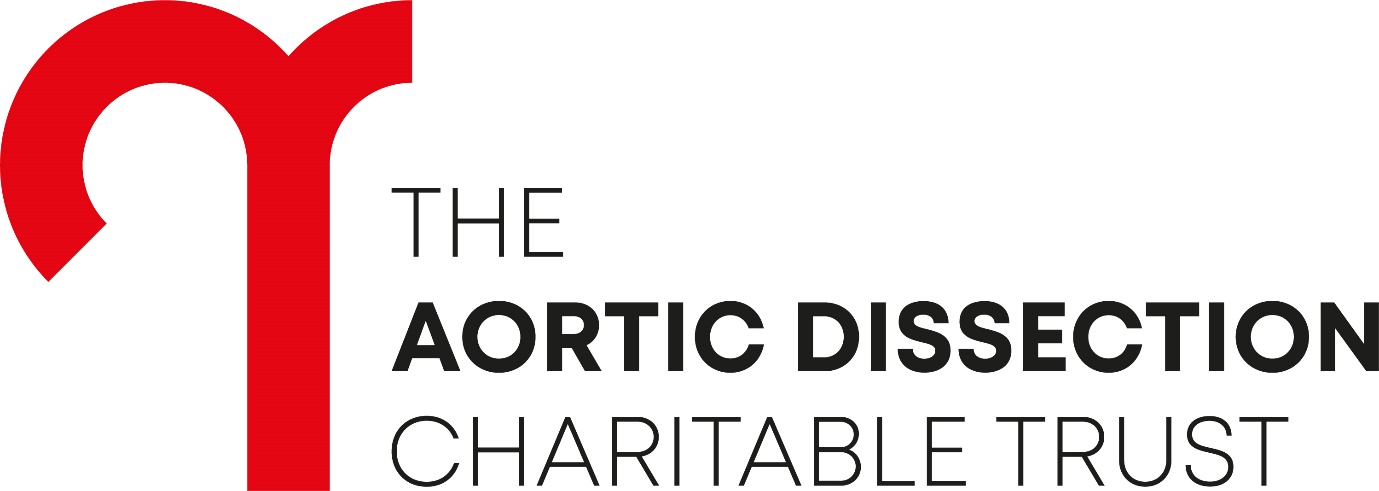Aortic dissection is often thought of as a rare condition with a poor prognosis and to be the provenance of a few medical specialists. Beyond this misconception, there are further challenges; half of the people who suffer an acute aortic dissection die before reaching hospital,1 and the number of sufferers is set to double by 2050.1 As many people suffer an aortic dissection each year as are diagnosed with a brain tumour,2 and 7% of people who have an out-of-hospital cardiac arrest do so due to an aortic dissection.3
While treatment of patients with an acute dissection is usually undertaken by a few medical specialists, a wide range of healthcare professionals may interact with patients with an aortic dissection. As well as cardiac and vascular surgeons, pre-hospital clinicians, emergency medicine, acute medicine, cardiology and general practice are all likely to encounter patients with aortic dissection.
Education and pathway improvement are key elements of improving outcomes for patients with aortic dissection. It is a great pleasure to share three articles as a partnership between The Aortic Dissection Charitable Trust and British Journal of Cardiology, and in collaboration with the UK-Aortic Society.
The first article is written by Dr Karen Booth who is a Consultant Cardiac Surgeon at Freeman Hospital, Newcastle upon Tyne, and focuses on the epidemiology, pathophysiology and natural history of acute aortic dissection.
The Aortic Dissection Charitable Trust

Before 2021 no charity existed in the UK and Ireland to shine a spotlight on aortic dissection and shape a safer future for people impacted by the condition. The Aortic Dissection Charitable Trust (www.tadct.org, @aorticdissectCT) is the UK and Ireland charity uniting patients, families and the medical community in a shared goal of improving diagnosis, increasing survival and reducing disability due to aortic dissection.
Our ambition is to bring consistency of treatment across the whole patient pathway through:
- Increased access to education for medical professionals and patients in the UK and Ireland.
- Working with those responsible for healthcare policy in the UK and Ireland to ensure that there is consistency in the provision of diagnosis for acute aortic dissection, specialised follow-up for survivors and access to clinical genetics for relatives.
- Supporting and funding research into the detection, prevention, treatment and cure for aortic dissection.
UK-Aortic Society

UK-Aortic Society (www.uk-as.org) is a collaboration of Cardiac and Vascular Surgeons, Interventional Radiologists, and Allied Health Professionals. Our overarching strategy is to advance patient care and experience in aortic interventions throughout the UK. We strongly promote education. The Society strives to improve all aspects of treatment of aortic diseases in the UK including service delivery, quality, governance, research, education and innovation.
Conflicts of interest
None declared.
Funding
None.
Editors’ note
The first article of the aortic dissection series can be found at https://doi.org/10.5837/bjc.2023.009.
References
1. Howard DP, Banerjee A, Fairhead JF, Perkins J, Silver LE, Rothwell PM; Oxford Vascular Study. Population-based study of incidence and outcome of acute aortic dissection and premorbid risk factor control: 10-year results from the Oxford Vascular Study. Circulation 2013;127:2031–7. https://doi.org/10.1161/CIRCULATIONAHA.112.000483
2. NHS Digital. Cancer registration statistics, England. London: Office for National Statistics. Available at: https://digital.nhs.uk/data-and-information/publications/statistical/cancer-registration-statistics [accessed 22 August 2022].
3. Melo RGE, Machado C, Caldeira D et al. Incidence of acute aortic dissections in patients with out of hospital cardiac arrest: a systematic review and meta-analysis of observational studies. Int J Cardiol Heart Vasc 2021;38:100934. https://doi.org/10.1016/j.ijcha.2021.100934
